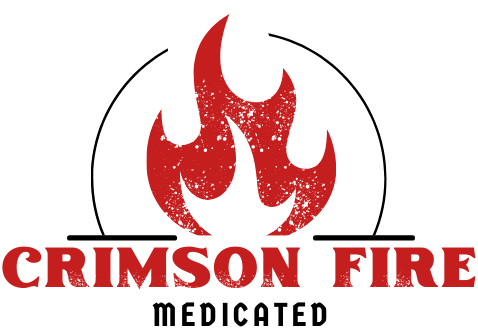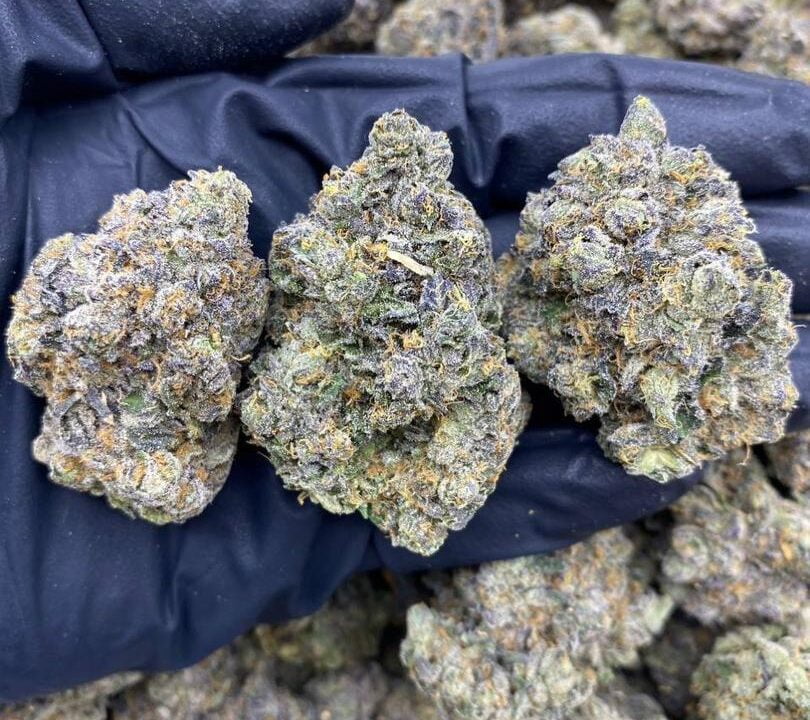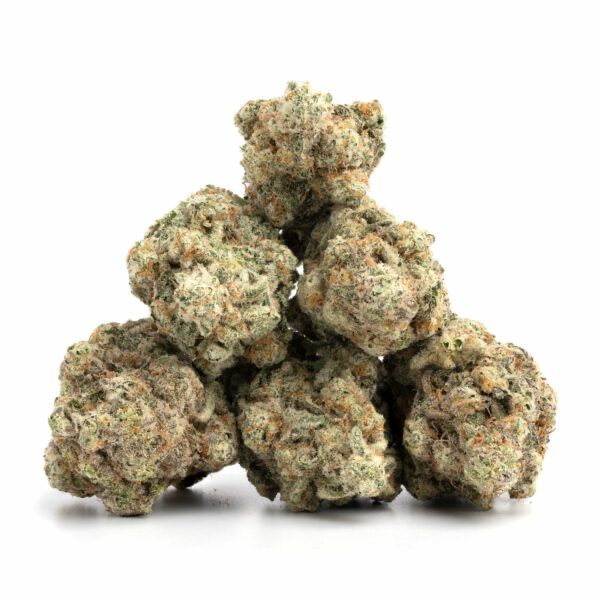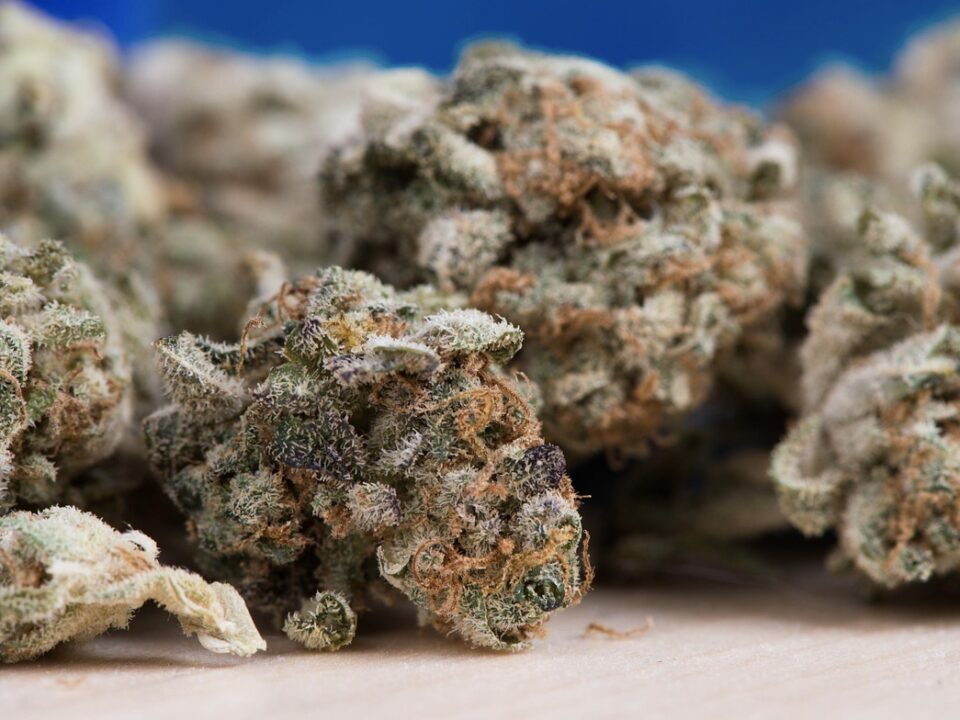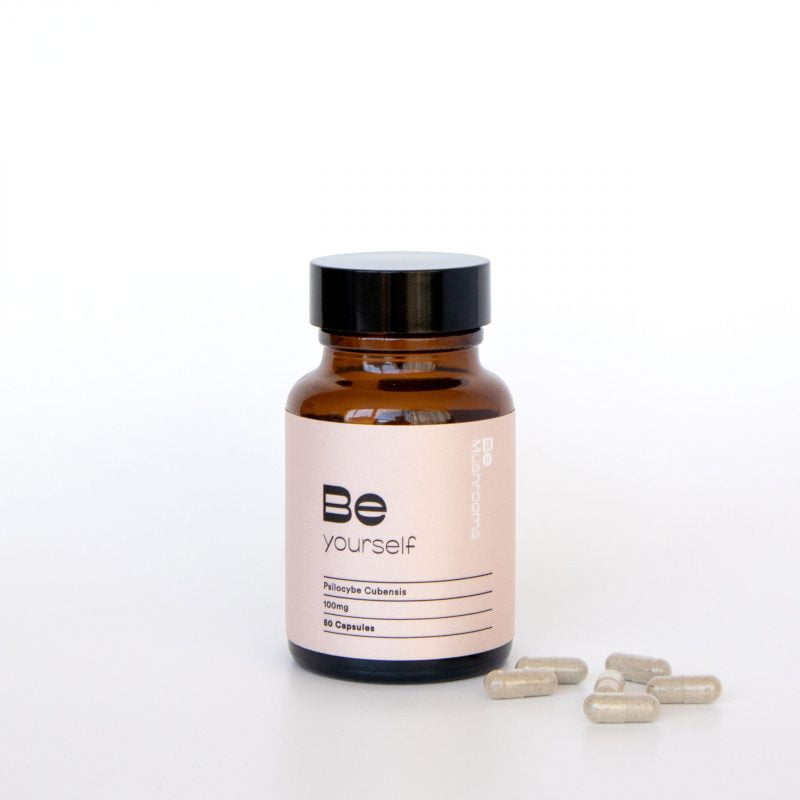- Address: 8208 HOOPER AVE , LOS ANGELES, CA 90001-3345, USA
- +1 (209) 671-5733
- info@crimsonfire.org
Can CBD and cannabis products help with acne and psoriasis? Dermatologists advise buyers to be cautious.

According to research, medicinal cannabis products can help with depression and improve overall quality of life.
December 27, 2021
Medical marijuana use may result in the rapid onset of cannabis use disorder.
March 18, 2022- a cbd vape pen
- about cbd drinks
- are cbd addictive
- are cbd cigarettes
- are cbd gummies for sleep
- are hemp and cbd the same
- benefits of cbd oil
- best bars melbourne cbd
- best breakfast melbourne cbd
- best breakfast sydney cbd
- best cbd
- best cbd gummies
- best cbd gummies for erectile dysfunction
- best cbd gummies for weight loss
- best cbd oil
- best cbd products for anxiety
- best restaurants melbourne cbd
- best restaurants sydney cbd
- biolife cbd gummies
- biolyfe cbd gummies
- blessed cbd
- Blog
- broad spectrum cbd
- can cbd be absorbed through the skin
- can cbd cause constipation
- can cbd cause hallucinations
- can cbd cause heart problems
- can cbd cause psychosis
- can cbd gummies cause dizziness
- can cbd help tinnitus
- can cbd help with migraines
- can cbd make you paranoid
- can i use cbd with chemotherapy
- cannaray cbd
- cbd
- cbd acronym
- cbd american shaman
- cbd and alcohol
- cbd and cbg
- cbd and drug tests
- cbd and lexapro
- cbd and melatonin
- cbd ap human geography
- cbd apothecary
- cbd balm
- cbd bath bomb
- cbd bath salts
- cbd beer
- cbd benefits
- cbd beverages
- cbd body butter
- cbd books
- cbd boutique
- cbd bud
- cbd candles
- cbd capsules
- cbd cartridge
- cbd cat treats
- cbd cigarettes
- cbd clinic
- cbd clinic level 5
- cbd college
- cbd cream
- cbd cream amazon
- cbd daily
- cbd definition
- cbd delta 8
- cbd dispensaries near me
- cbd dispensary
- cbd disposable vape
- cbd dog health
- cbd drinks
- cbd drops
- cbd drug test
- cbd edibles
- cbd edibles san antonio
- cbd edibles texas
- cbd effects on brain
- cbd emporium
- cbd energy drinks
- cbd epsom salt
- cbd essentials
- cbd eye drops
- cbd flower
- cbd flower houston
- cbd flower near me
- cbd flower texas
- cbd for adhd
- cbd for cats
- cbd for depression and anxiety
- cbd for sleep
- cbd for tinnitus
- cbd gummies
- cbd gummies for back pain
- cbd gummies for dog
- cbd gummies for kids
- cbd gummies for men
- cbd gummies for pain
- cbd gummies for stress
- cbd gummies reviews
- cbd gummies shark tank
- cbd gummy bears
- cbd hair oil
- cbd hair products
- cbd half life
- cbd hangover
- cbd hemp flower
- cbd honey
- cbd hookah
- cbd house
- cbd house of healing
- cbd human geography
- cbd ice cream
- cbd in pregnancy
- cbd in spanish
- cbd infused drinks
- cbd inhaler
- cbd interactions
- cbd isolate
- cbd isolate gummies
- cbd isolate oil
- cbd isolate products
- cbd jelly
- cbd jelly truly
- cbd jobs near me
- cbd joint gel
- cbd joint isanti cbd jubilee
- cbd juice drink
- cbd just relax chews
- cbd just relax chews for dogs
- cbd juul pods
- cbd kief
- cbd killed my dog
- cbd king
- cbd kombucha
- cbd kratom
- cbd kratom backyard
- cbd kratom dallas
- cbd kratom media
- cbd kratom mushrooms
- cbd kratom nyc
- cbd legal in texas
- cbd legal states
- cbd life
- cbd lion
- cbd lip balm
- cbd living
- cbd living freeze
- cbd lotion
- cbd lube
- cbd lubricant
- cbd mall
- cbd massage
- cbd massage houston
- cbd massage near me
- cbd massage oil
- cbd meaning
- cbd medical abbreviation
- cbd melatonin gummies
- cbd muscle balm
- cbd nausea
- cbd near by me
- cbd negative effects
- cbd negative effects on brain
- cbd neon cubes
- cbd new orleans
- cbd news
- cbd no thc
- cbd normal size
- cbd nugget
- cbd oil
- cbd oil anxiety
- cbd oil benefits
- cbd oil drops
- cbd oil for sale near me
- cbd oil side effects
- cbd oil sleep
- cbd oil uses
- cbd oil vape
- cbd oil vs hemp oil
- cbd patches
- cbd pen
- cbd pharmacy
- cbd pills for pain
- cbd places near me
- cbd plant
- cbd plus
- cbd plus usa
- cbd products
- cbd provisions
- cbd q es
- cbd quality control
- cbd que es
- cbd que significa
- cbd queen
- cbd quincy
- cbd quincy il
- cbd quincy ma
- cbd quiz
- cbd quotes
- cbd regulations
- cbd releaf center
- cbd reviews
- cbd roll on
- cbd roll-on for pain 5000mg
- cbd roller
- cbd rosin
- cbd routes of administration
- cbd rso
- cbd rx
- cbd salve
- cbd seeds
- cbd seltzer
- cbd side effects
- cbd sleep
- cbd sleep gummies
- cbd soda
- cbd stone
- cbd store
- cbd suppositories
- cbd tampons
- cbd tea
- cbd tea bags
- cbd thc
- cbd thc gummies
- cbd tincture
- cbd tincture vs oil
- cbd to quit smoking
- cbd treats dogs
- cbd treats for cats
- cbd uk
- cbd ultra
- cbd ultra gummies
- cbd ultrasound
- cbd unicorn tears
- cbd unlimited
- cbd unlimited muscle and joint balm
- cbd unlimited muscle and joint cream
- cbd urinary retention
- cbd usa
- cbd vape
- cbd vape juice
- cbd vape oil
- cbd vape pen
- cbd vape san antonio
- cbd vs cbg
- cbd vs cbn
- cbd vs delta 8
- cbd vs hemp
- cbd vs thc
- cbd water
- cbd water near me
- cbd weed
- cbd wellness
- cbd what is it
- cbd wine
- cbd with no thc
- cbd with thc
- cbd with thc gummies
- cbd withdrawal
- cbd x gummies
- cbd x vape
- cbd xanax alternative
- cbd xarelto
- cbd xarelto interaction
- cbd xenia ohio
- cbd xf
- cbd xtra
- cbd xyz
- cbd y thc
- cbd yerba mate
- cbd yoga
- cbd yoga balm
- cbd york
- cbd young living
- cbd youngsville
- cbd youtube
- cbd yucaipa
- cbd yuma az
- cbd zar
- cbd zar near me
- cbd zaza
- cbd zebra
- cbd zero
- cbd zero thc free
- cbd zionsville
- cbd zoloft
- cbd zone
- cbd zoning meaning
- cbdc
- cbdfx
- cbdmd
- cbdriver
- cbg vs cbd
- cbn vs cbd
- charlotte's web cbd
- charlotte's web cbd oil
- choice cbd gummies
- cigarettes cbd
- cmd expand
- condor cbd gummies
- could cbd cause dizziness
- could cbd get u high
- could cbd oil cause constipation
- could cbd oil cause seizures in dogs
- could you overdose on cbd oil
- county orange cbd
- cream cbd
- definition cbd
- delta 8 cbd
- diamond cbd
- did cbdc pass
- did it snow in melbourne cbd today
- did you know facts about cbd
- difference between cbd and thc
- do cbd candles work
- do cbd drinks work
- do cbd gummies clean arteries
- do cbd gummies expire
- do cbd gummies have thc
- do cbd gummies help with depression
- do cbd gummies help with pain
- do cbd gummies work for sex
- do hemp seeds have cbd
- do you swallow cbd oil
- does cbd do anything
- does cbd help with arthritis
- does cbd help with depression
- does cbd help with diabetes
- does cbd lower heart rate
- does cbd make you hungry
- does cbd oil go bad
- does cbd oil have thc in it
- does cbd oil work
- dog cbd
- dog cbd gummies
- dog cbd treats for anxiety
- earlybird cbd
- effects of cbd
- el toro cbd gummies
- ellevet cbd
- ellevet cbd oil
- equilibria cbd
- equilibria cbd reviews
- escape room melbourne cbd
- essential cbd extract
- exhale cbd gummies
- fab cbd
- feals cbd
- five cbd
- five cbd reviews
- five guys sydney cbd
- focl cbd gummies
- full spectrum cbd
- full spectrum cbd oil
- full spectrum cbd oil uk
- how cbd affects the brain
- how cbd gummies are made
- how cbd helps mental health
- how cbd makes you feel
- how cbd works
- how cbdc works
- how much are proper cbd gummies
- how much is cannaray cbd
- how much is harrelson's own cbd
- is cbd a drug
- is cbd addictive
- is cbd bad for you
- is cbd cigarettes
- is cbd federally legal
- is cbd good for arthritis
- is cbd gummies
- is cbd gummies for pain
- is cbd legal in all states
- is cbd legal in florida
- is cbd legal in texas
- is cbd oil legal
- is cbd vape pen
- is harrelson's own cbd
- jacob hooy cbd
- jacob hooy cbd oil
- japanese restaurant cbd
- japanese restaurant melbourne cbd
- japanese restaurant sydney cbd
- joy organics cbd gummies
- jupiter health cbd
- just cbd
- just cbd gummies
- just cbd reviews
- keoni cbd gummies
- keoni cbd gummies shark tank
- khonsu cbd gummies
- kill cliff cbd
- kmart cbd
- koi cbd
- koi cbd gummies
- korean bbq melbourne cbd
- korean bbq sydney cbd
- kure cbd and vape
- la ferme du cbd
- lazarus cbd
- level select cbd
- liberty cbd
- liberty cbd gummies
- liberty cbd gummies reviews
- little collins cbd
- love cbd
- love hemp cbd oil
- lunch sydney cbd
- medterra cbd
- medterra cbd gummies
- melbourne cbd
- melbourne cbd accommodation
- melbourne cbd breakfast
- melbourne cbd map
- melbourne cbd parking
- melbourne cbd restaurants
- melbourne cbd weather
- must do brisbane cbd
- must do in auckland cbd
- must do in melbourne cbd
- must eat brisbane cbd
- must eat melbourne cbd
- must eat perth cbd
- must eat places melbourne cbd
- must eat sydney cbd
- must see melbourne cbd
- must try restaurants melbourne cbd
- my cbd store
- nano cbd
- natures boost cbd gummies
- natures one cbd gummies
- natures only cbd gummies
- ned cbd
- negative side effects of cbd gummies
- normal cbd diameter
- nuleaf cbd
- nuleaf cbd oil
- nuvita cbd
- officeworks cbd
- oil cbd for dogs
- oil cbd for pain
- oil cbd full spectrum
- optimum cbd
- orange county cbd
- orange county cbd vape
- oros cbd gummies
- oto cbd
- overdose cbd
- parking melbourne cbd
- peak power cbd gummies
- penguin cbd gummies
- perth cbd
- power cbd gummies
- proper cbd gummies
- proper cbd gummies reviews
- pure cbd gummies
- pure cbd oil
- purekana cbd gummies reviews
- q cbd
- q es cbd
- qrush cbd
- qu'est ce que le cbd
- que es cbd en medicina
- que es cbd gomitas
- que es cbd y thc
- que es el cbd
- queen cbd
- quotes about cbd
- rejuvenate cbd gummies
- rejuvenate cbd gummies reviews
- relax cbd
- restart cbd
- restaurants adelaide cbd
- restaurants auckland cbd
- restaurants cbd
- restaurants sydney cbd
- reviews on proper cbd gummies
- rheumatoid arthritis cbd
- science cbd gummies
- should cbd gummies be refrigerated
- should cbd oil be refrigerated
- should diabetics take cbd
- should i give my dog cbd
- should i take cbd
- should i take cbd gummies for anxiety
- should i take cbd morning or night
- should i take cbd oil
- should i try cbd
- simply cbd
- smilz cbd gummies
- spectrum cbd gummies
- strongest cbd gummies
- sunmed cbd
- super cbd gummies
- supreme cbd
- sydney cbd
- sydney cbd restaurants
- t cbd vape
- tea cbd
- thc vs cbd
- the best cbd gummies
- the cbd brothers
- the cbd store
- the meaning of cbd
- the orange county cbd
- top cbd companies in the us
- top cbd distributors
- top cbd gummies
- top cola cbd
- top rated cbd companies
- top restaurants melbourne cbd
- top restaurants sydney cbd
- top selling cbd products 2021
- top shelf cbd flower
- top shelf cbd flower uk
- trip cbd
- trip cbd drink
- ultra cbd gummies
- ultrasound cbd
- uly cbd gummies
- uly cbd gummies reviews
- unabis cbd gummies
- uniqlo sydney cbd
- unique cbd
- uno cbd gummies
- upstate cbd
- usa cbd
- vape cbd
- vena cbd
- vet cbd
- vibes cbd
- vibez cbd gummies
- vigor lite rx cbd gummies
- vitabiotics cbd
- vital body cbd cream
- vitality cbd
- vitality cbd gummies
- what are cbd drinks
- what are cbd gummies
- what are the benefits of cbd
- what cbd
- what cbd means
- what does cbd do
- what happened to cbd
- what is cannaray cbd
- what is cbd gummies for pain
- what is cbd oil
- what is cbd vs thc
- what is cbg vs cbd
- what is the meaning of cbd
- when cbd starts working
- when cbd stops working
- when cbdc
- when cbdc started
- when cbdc will be launched
- when cbdc will be launched in europe
- when cbdc will be launched in india
- when cbdc will be launched in uk
- when cbdc will be launched in usa
- when to drink cbd drink
- when was cbd first used
- where cbd gummies
- where could i buy cbd gummies
- where did cbd originate
- where is auckland cbd
- where is brisbane cbd
- where is cbd in singapore
- where is cbd legal
- where is kmart in melbourne cbd
- where is melbourne cbd
- where is sydney cbd
- where is the cbd store near me
- where to by cbd gummies near me
- who cbd
- who cbd is safe
- who cbd oil
- who cbd report
- who is the chairman of cbdt
- who owns cbd
- who sydney cbd
- who uses cbd
- why cbd
- why cbd in skincare
- why cbd is bad
- why cbd is so popular
- why cbd makes you sleepy
- why cbdc
- why cbdc is bad
- why cbdc will fail
- why cbdcs are bad
- why does cbd make you hungry
- why you should not take cbd
- why you shouldn't take cbd oil
- will cbd cause diarrhea
- will cbd gummies help with pain
- will cbd help anxiety and depression
- will cbd lower heart rate
- will cbd make me tired
- will cbd show in blood work
- will cbdc be mandatory
- will cbdc kill bitcoin
- will cbdc replace cryptocurrency
- worst cbd brands
- worst cbd companies
- worst cbd gummies
- would cbd help with depression
- would cbd lower blood pressure
- would cbd oil help rosacea
- would cbd oil help tinnitus
- would cbd oil help with blepharospasm
- would cbd oil help with eczema
- would cbd oil help with fibromyalgia
- would cbdc replace cash
- x factor cbd gummies
- xanax vs cbd
- xarelto and cbd
- xarelto and cbd gummies
- xite cbd
- xs cbd cream
- xs cbd pro cream
- xtlc cbd
- xula cbd
- xuxes cbd
- yehs hotel sydney cbd
- young living cbd muscle rub
- young living cbd oil
- your cbd store
- your cbd store locations
- yum cha cbd
- yum cha melbourne cbd
- yum cha sydney cbd
- yuppie cbd gummies
- yuppie cbd gummies reviews
- zar cbd
- zara melbourne cbd
- zara sydney cbd
- zatural full-spectrum cbd oil
- zebra cbd
- zebra cbd gummies
- zebra cbd oil
- zebra cbd reviews
- zephyr cbd
- zilis cbd
(HealthDay)— Many people are turning to CBD or cannabis products to treat skin conditions such as acne or rosacea, but researchers warn that research on their safety and effectiveness hasn’t kept up with demand.
When more than 500 adults were polled about their use of CBD (cannabidiol) or marijuana, 17.6 percent said they used an over-the-counter cannabis product to treat skin conditions like acne, psoriasis, rosacea, or eczema without a dermatologist’s recommendation, and even more were interested in trying these products.
CBD is derived from hemp, a close relative of the marijuana plant, but unlike THC (delta-9-tetrahydrocannabinol), the active ingredient in marijuana, CBD does not cause intoxication.
“People are using these products without consulting a doctor, and even those who aren’t using them are curious,” said study author Dr. Adam Friedman, chair of dermatology at the George Washington School of Medicine and Health Sciences in Washington, D.C.
He believes it is time for science to catch up.
Early animal data suggests that these products may aid in the treatment of inflammatory skin diseases. “We know that cannabinoids activate the body’s resolvin pathway, which helps to resolve inflammation,” Friedman explained. “Cannabinoids set the stage for inflammation to resolve and recruit the players critical to cleaning up the damage caused by inflammation.”
Approximately 89 percent of people believe marijuana or other cannabis products have a role in the treatment of skin disease, and the majority said they would be willing to try one of these products if their dermatologist gave them the go-ahead.
CBD (cannabidiol) and cannabis products have gained popularity in recent years, and there is some evidence to suggest that they may have potential benefits for certain skin conditions such as acne and psoriasis. However, it’s important to note that the research in this area is still limited, and dermatologists generally advise caution when considering CBD or cannabis products for skin conditions.
Acne is a common skin condition characterized by the presence of pimples, blackheads, and whiteheads. Some studies have shown that CBD may have anti-inflammatory and sebum-reducing properties, which could potentially help with acne. Additionally, CBD may have antibacterial effects, which could be beneficial in preventing the growth of acne-causing bacteria. However, more research is needed to fully understand the effectiveness and safety of CBD for acne treatment.Â
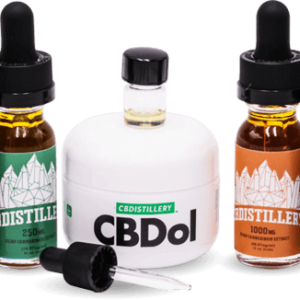
Psoriasis is a chronic autoimmune skin condition that causes red, scaly patches on the skin. While there is anecdotal evidence suggesting that cannabis or cannabidiol products may help relieve symptoms of psoriasis, the scientific research is still limited. Some studies have shown that cannabinoids, including CBD, may have anti-inflammatory properties, which could potentially benefit psoriasis. However, more rigorous clinical trials are needed to establish the safety and efficacy of CBD and cannabis products for managing psoriasis symptoms.
Dermatologists advise caution because the CBD and cannabis product market is largely unregulated. There is significant variation in product quality, purity, and concentration across different brands and formulations. Additionally, there may be potential side effects or interactions with other medications that individuals should be aware of.

If you’re considering using CBD or cannabis products for acne or psoriasis, it’s important to consult with a dermatologist or healthcare professional who can provide guidance based on your specific situation. They can help you understand the potential benefits, risks, and any possible interactions with other treatments you may be using.Â
